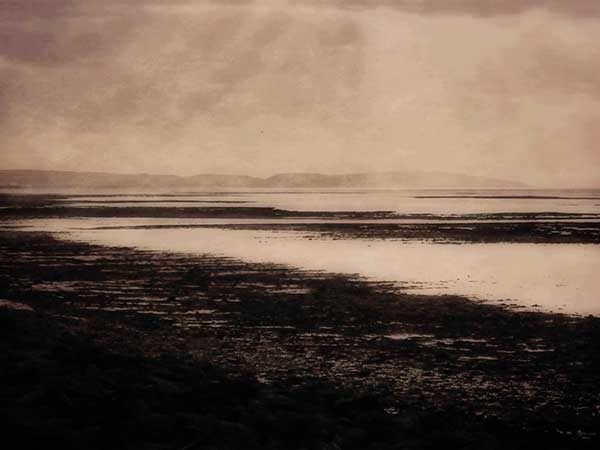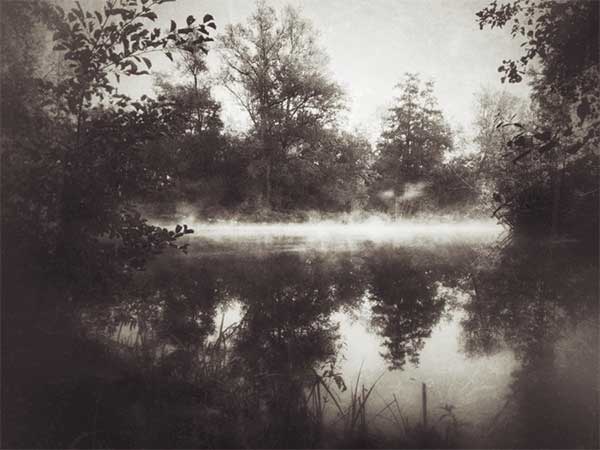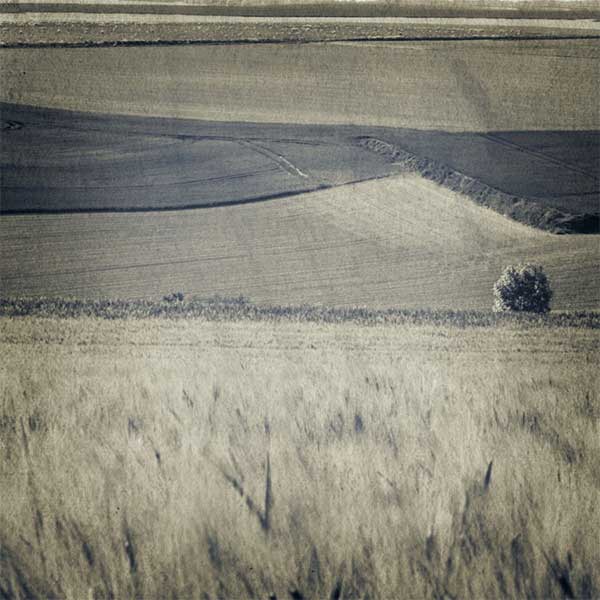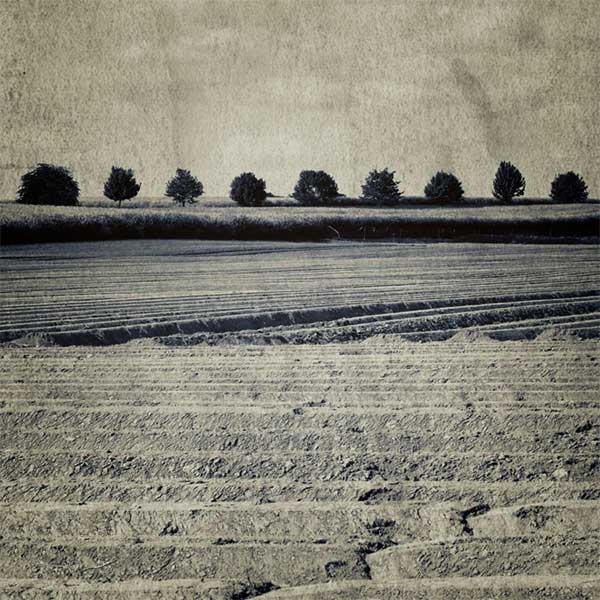
The River Severn
The English poet and musician, Ivor Gurney, has been dead for 85 years. He died on Boxing Day of 1937 in an asylum near Dartford in Kent.
He wasn’t confined to the inside of Stone House Hospital but he rejected the grounds and forced himself indoors. Landscape was, perhaps, the most life driving force of Gurney’s existence. He was born in Gloucestershire, in the city of Gloucester in 1890 and the land on both sides of the River Severn nurtured him, gave voice to the music he composed and the poetry he wrote. It wrapped him in a blanket of belonging.
I have an image of him in my mind which sees him towards the end of his life, isolated from the landscape, gazing through the bars over the window of his room and seeing dull rows of badly planted garden flowers whilst his mind’s eye drifts over the meadows, water edges and wildflowers of his loved past.
Like so many of his generation Gurney was plucked from a treasured countryside and, in his case, the sensitive musical community of Gloucester Cathedral, and flung into the trenches of the First World War.

River Somme
He fought, and was wounded, in the battles which raged over the fields near the Somme River and I followed him to the small town of Albert where he saw, and was moved by, the large, magnificent, basilica shattered and reduced to ruin. In a strange quirk of destruction, the statue, a golden Virgin and Child still topped what was left of the tower but was hanging horizontally at ninety degrees to its original upright position like a finger pointing to the battlefields.
In a letter he wrote “… tonight we have had café au lait, our little circle, seated round a tiny hut fire, surrounded by the abomination of desolation….”
At that time, he may have conflated the ideas of an all protecting mother, which the statue represented, and the land which he considered to be a mother to us all.
In his poem, written then and titled “The Mother”, he begins, “We scar the earth with dreadful engin’ry….” And then, in the hope of reclaiming that earth, he ends with the line “… We’ll wait in quiet till our passion’s past.”

Somme Fields
It’s been a long wait but the fields stretched over the Somme Valley are quiet and peaceful now even though the dominant impression is of high yield, commercial, agriculture. Crops grow in neatly segmented fields and, particularly during high growth seasons, they mask whatever scars still cut into the ground.
The River Somme is beautiful and tranquil, flowing slowly around islands in its widest parts. Its name and its nature no longer terrify anyone.
Ivor Gurney gave the book which collected his poetry of remembrance the title “Severn and Somme” and I wanted to make a set of photographs following the same title. I live near the River Severn and know it well but I have never known it in a season of peace which could be yearned for during a season of war.
I have made photographs of the Severn and of the Somme and I have been moved by the beauty of both. I have also made photographs of the fields close to both rivers but for me their association is based only on a similarity of agricultural features, field layout and hedges. The desire to couple them, as Gurney did, has failed.
Whilst one landscape is familiar and restful, the other is a landscape of memory or, more accurately for me and my distance from the events remembered, a landscape of story.

Somme Fields
I remember, once, being in Dealey Plaza in Dallas, Texas. The drive through the area with what we now call the grassy knoll on my right, the Texas Schoolbook Depository behind me and the underpass just ahead would have been a drive of no significance had it not been for the horror of the event which seared this ordinary, unremarkable urban landscape onto the collective retina on 22nd November 1963. Because of that event I can’t ever see that Plaza new and fresh. No more can I see the bucolic Somme Valley freed from Ivor Gurney, his story and the thousands of stories telling the same tale of some sort of existence in that landscape.
I had help to find the fields outside Albert where Gurney was wounded. A young woman who lived in a village which would have been in the midst of the British positions told me that, by and large, the iron harvest was over. She meant that the artefacts, the remains of the instruments of destruction, which once appeared in every run of the plough were now rare. The land is beginning to be empty of its burden.
When I was a boy and saw men on the street who then were the age I am now, the chances were that they had been to this part of France or to Belgium or any of the other cauldrons of inhumanity, but they, too, are gone.
On the road from Albert, near Thiepval two elderly men stand by a monument. They are brothers and they have come to say names out loud into the air over the fields of the Somme Valley. After talking for a little while we part company and one turns back to me and, moving his arm in an arc encompassing the whole landscape says, “Nice and tidy isn’t it.”
Fred Chance
Photos and text
.

Fred Chance, it’s never too late to become an IT alumni! Good to have you with us after all these years. PW.
Comment by Paul Welch on 1 July, 2023 at 9:59 amThe birds still don’t speak or sing in Delville (“Devil’s wood.”) The vow of silence has been passed on from generation to generation.
Thank you for writing this.
Comment by Heidi Stephenson on 5 July, 2023 at 3:17 pm